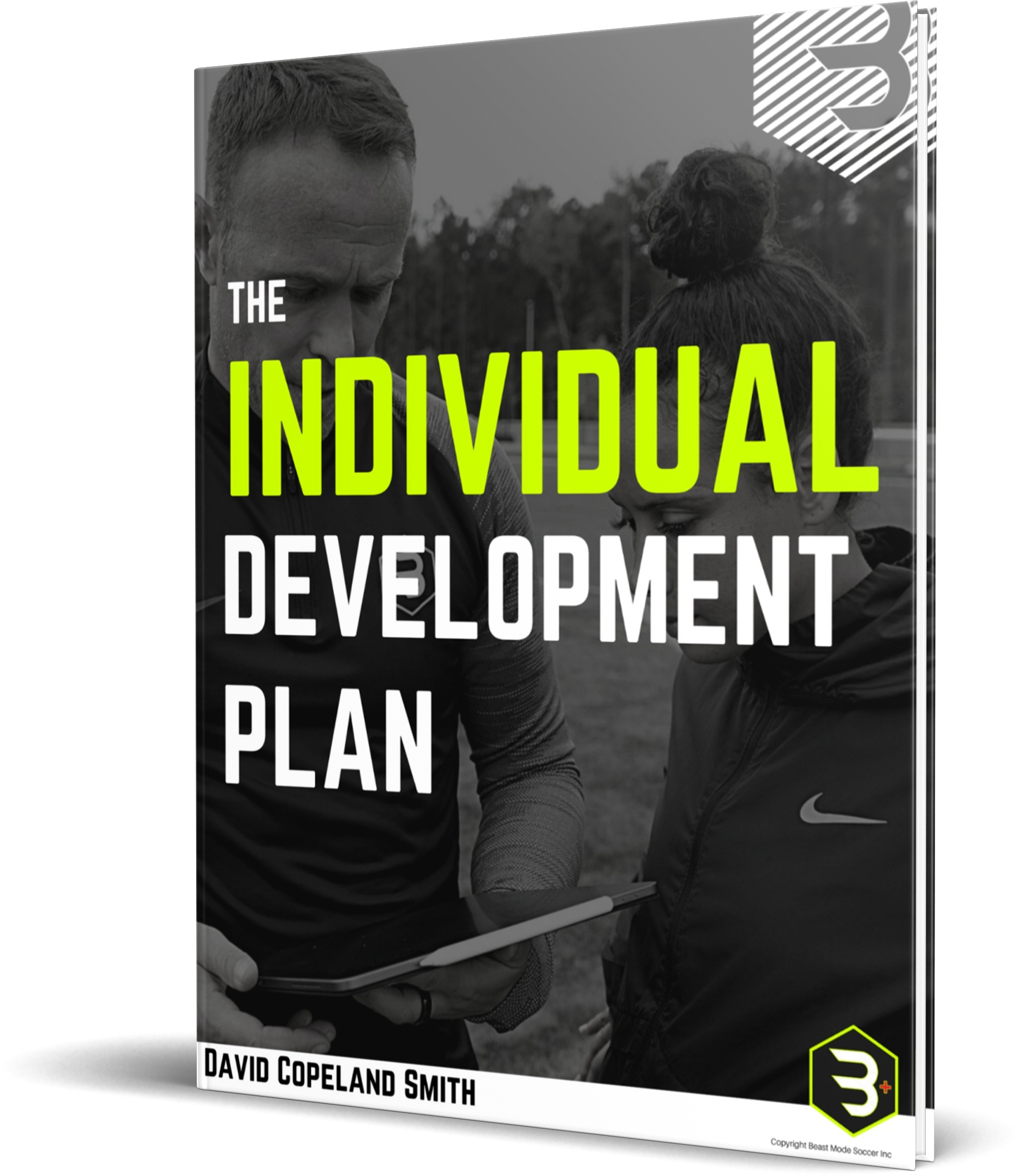As a soccer parent, you want to ensure your child develops the skills and techniques necessary to excel in the sport. One of the most common questions parents ask is, "How often should my child practice or train?" In this blog post, we'll explore the factors to consider when determining the appropriate training frequency for your young soccer player.
The Importance of Consistent Practice
Consistent practice is crucial for developing and refining soccer skills, building physical fitness, and fostering a strong work ethic. Regular training helps young players improve their technical abilities, tactical understanding, and overall performance on the field. However, it's essential to strike a balance between practice frequency and rest to prevent burnout and overtraining.
Factors to Consider
- Age and Development Level
The appropriate training frequency for your child will depend on their age and development level. Younger children, typically under the age of 10, should focus on developing basic motor skills, coordination, and a love for the sport. At this stage, two to three practice sessions per week, lasting 45-60 minutes each, are generally sufficient.
As children grow older and their skill levels increase, the training frequency can be adjusted accordingly. Players between the ages of 11 and 14 can typically benefit from three to four practice sessions per week, each lasting 60-90 minutes. High school-aged players may train up to five times per week, with sessions lasting 90 minutes to 2 hours.
- Recreational vs. Competitive Soccer
The level of soccer your child is participating in will also influence the appropriate training frequency. Recreational soccer programs generally have less demanding schedules, with one to two practices per week in addition to games. Competitive club teams, on the other hand, often require a more significant time commitment, with three to five practices per week plus games and tournaments.
- Balancing School and Soccer
It's important to ensure your child has a healthy balance between soccer and other aspects of their life, such as school, family time, and other extracurricular activities. Consider your child's academic workload and other commitments when determining an appropriate training schedule.
- Rest and Recovery
Rest and recovery are crucial for preventing injuries and burnout. Ensure your child has at least one day off per week from soccer activities and that they get adequate sleep and proper nutrition to support their training regimen.
- Individual Needs and Goals
Every child is unique, and their training needs will vary depending on their individual goals and abilities. Some children may require additional practice to master specific skills, while others may need extra rest to prevent overtraining. Regularly assess your child's progress and adjust their training schedule as needed.
Conclusion
Determining the appropriate training frequency for your child will depend on their age, development level, the level of soccer they are participating in, and their individual needs and goals. Striking the right balance between practice, rest, and other life commitments is crucial for promoting a healthy, enjoyable soccer experience. Regularly communicate with your child and their coach to ensure their training schedule supports their overall development and well-being.

